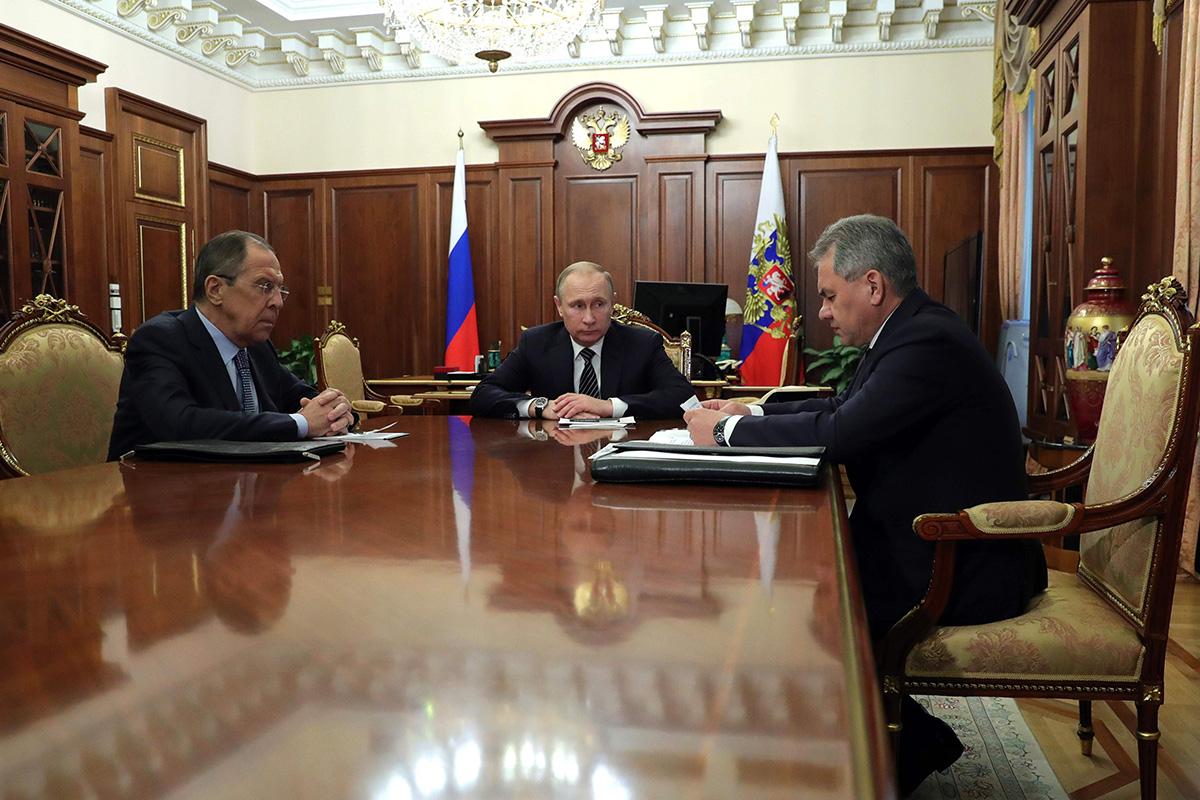Syria ceasefire backed by Russia and Turkey in doubt amid fresh clashes
Several previous ceasefires collapsed — some in a matter of days

Your support helps us to tell the story
From reproductive rights to climate change to Big Tech, The Independent is on the ground when the story is developing. Whether it's investigating the financials of Elon Musk's pro-Trump PAC or producing our latest documentary, 'The A Word', which shines a light on the American women fighting for reproductive rights, we know how important it is to parse out the facts from the messaging.
At such a critical moment in US history, we need reporters on the ground. Your donation allows us to keep sending journalists to speak to both sides of the story.
The Independent is trusted by Americans across the entire political spectrum. And unlike many other quality news outlets, we choose not to lock Americans out of our reporting and analysis with paywalls. We believe quality journalism should be available to everyone, paid for by those who can afford it.
Your support makes all the difference.Syrian government forces and their allies have clashed with rebels near Damascus, using helicopter gunships in the latest violence to disrupt a nationwide ceasefire that otherwise appears to be holding, monitors said.
The warring sides clashed in a rebel-held valley North-west of Damascus, the UK-based Syrian Observatory for Human Rights said.
A rebel official also reported clashes in the area, where the Syrian army began an offensive last week to recapture the area which provides most of Damascus's water supplies.
If it holds, the truce between the Syrian government and the country's mainstream rebel forces will be followed by peace talks in Kazakhstan next month, Russian President Vladimir Putin said as he announced the agreement.
He described it, however, as "quite fragile" and requiring "special attention and patience".
The truce has the backing of both Russia, Syria's chief ally, and Turkey, which has been supporting the rebels. The agreement has also been praised by Iran, another of the Syrian regime's strongest backers.
The several previous ceasefires in the Syrian civil war all collapsed, some of them in a matter of days.
Russia said the deal was signed by seven of Syria's major rebel factions, though none of have immediately either confirmed or denied signing it.
The latest agreement, like previous ones, does not include extremist factions such as Isis and Jabhat al-Nusra (recently rebranded to Jabhat Fateh al-Sham in an effort to distance the group from al-Qaida).
Russia has circulated a proposed resolution at the UN Security Council that would endorse the ceasefire, the country's ambassador to the United Nations said.
Ambassador Vitaly Churkin told reporters before a Security Council meeting that he hoped the council would vote on the resolution on Saturday.
Syrian foreign minister Walid al-Moallem welcomed the ceasefire agreement and said there was a "real chance" for a political settlement.
In comments made to Syrian TV, he said the Syrian government would attend the peace talks "with an open mind", but suggested it would not be willing to compromise on the fate of Syrian President Bashar al-Assad. Mr Assad's remaining in power has been a major sticking point in the crisis.
"Everything is negotiable except national sovereignty and the people's right to choose its leadership," Mr al-Moallem said.
The Syrian government will be negotiating from a strong position, after its army and their allies, supported by Russian air power, defeated rebels in their last major urban stronghold of Aleppo earlier this month.
Moscow's air campaign, since September last year, has turned the civil war in Mr Assad's favour.
Russian defence minister Sergei Shoigu said the truce would include 62,000 opposition fighters across Syria and that the Russian military had established a hotline with its Turkish counterpart to monitor compliance.
The United States has been sidelined in recent negotiations and is not due to attend the next round of peace talks in Kazakhstan.
Sergey Lavrov, Russia's foreign minister, said US President-elect Donald Trump's administration would be welcome to join the peace process once he took office.
Mr Putin said he ordered the Russian military to scale back its presence in Syria, where it has provided crucial support to Mr Assad's forces.
He did not say how many troops and weapons would be withdrawn, but said Russia would continue "fighting international terrorism in Syria" and supporting the Syrian military.
The United Nations special envoy for Syria, Staffan de Mistura, welcomed the ceasefire announcement, saying he hoped the agreement would save civilian lives, allow the delivery of humanitarian aid and pave the way for productive peace talks.
Syria's civil war, which began when a peaceful uprising descended into violence in 2011, has resulted in more than 300,000 deaths and displaced half the country's population.
It has also produced more than four million refugees, many of whom have fled fled into Europe, fuelling anti-immigration sentiment and fears over terrorism that are reshaping the continent's political landscape.
Additional reporting by agencies
Join our commenting forum
Join thought-provoking conversations, follow other Independent readers and see their replies
Comments